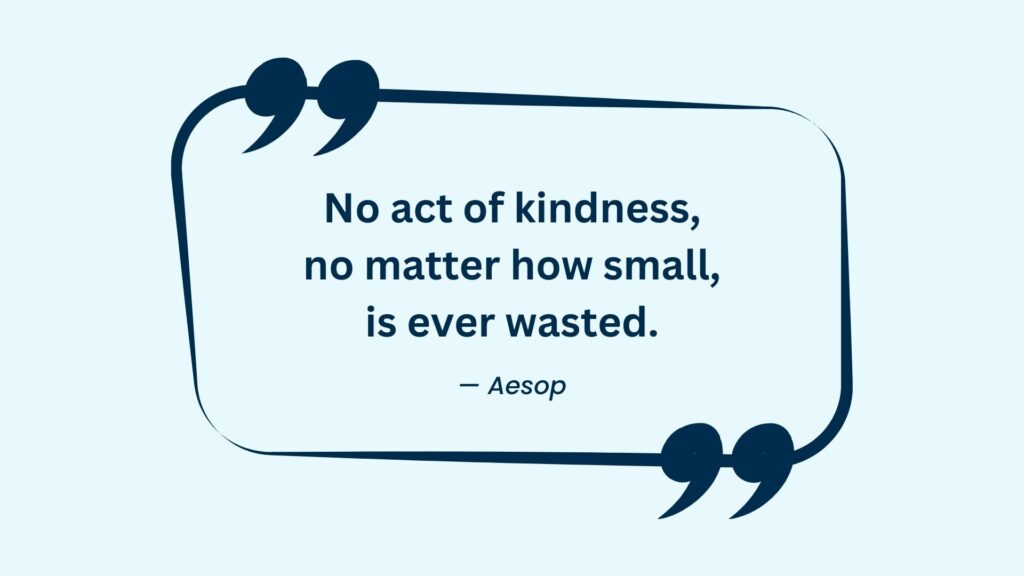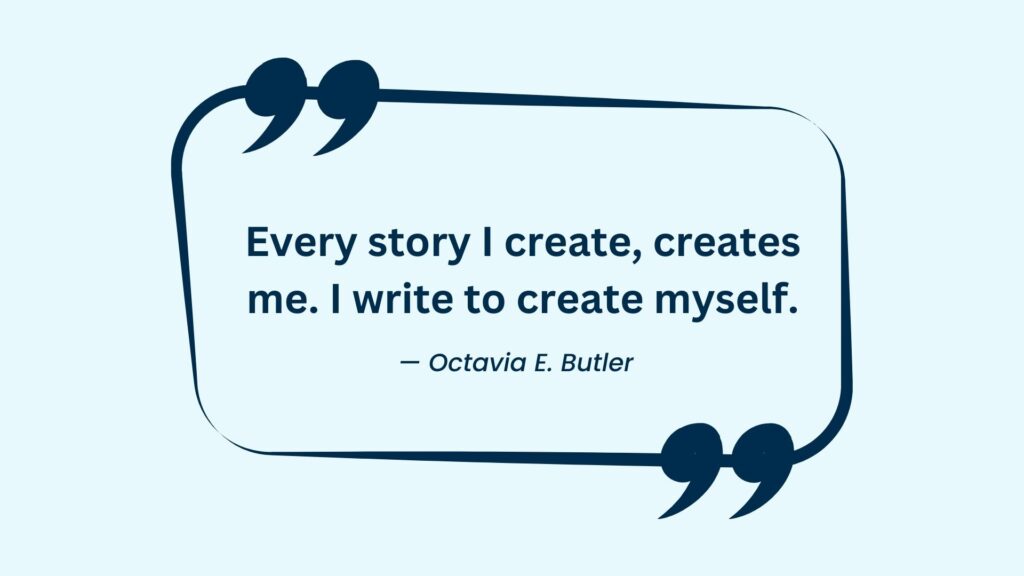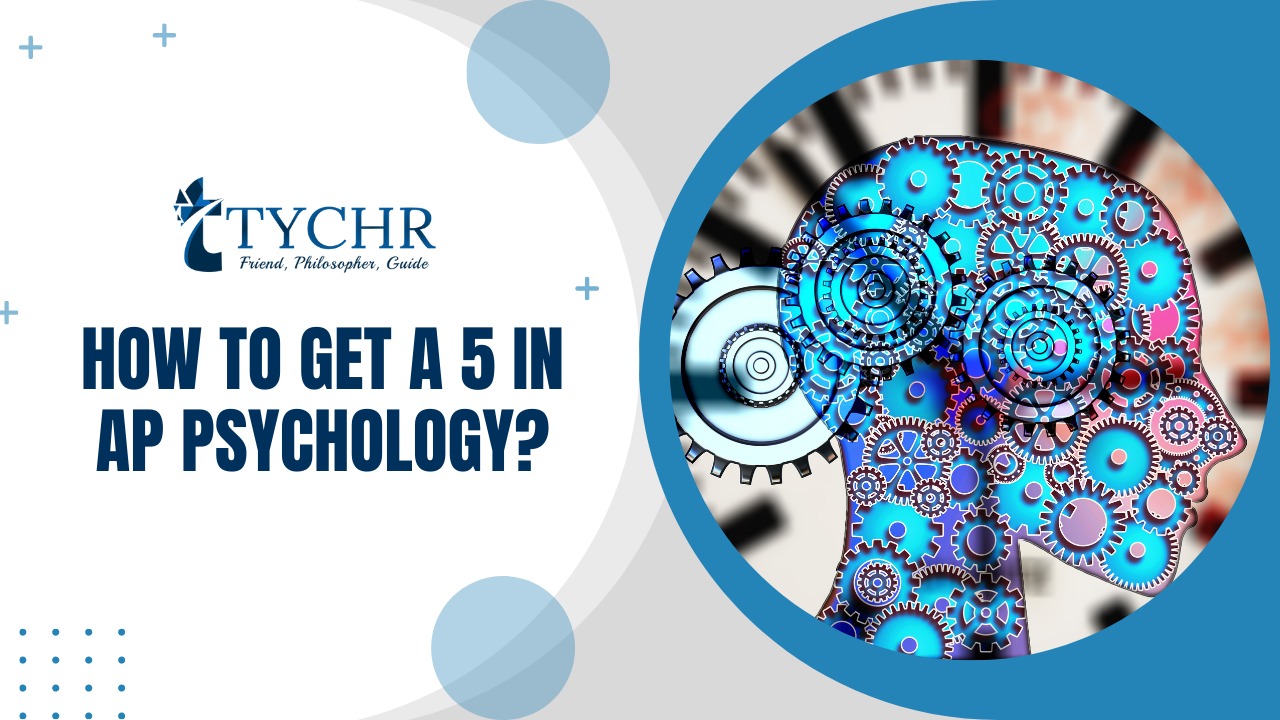Table of Contents
- 1 Units Exam Weighting As per the coursebook
- 2 Score distribution for AP Psychology
- 3 Key Terms to Know Inside and Out
- 4 Essential Theories to Master
- 5 Famous Experiments You Should Be Familiar With
- 6 Tips for the Multiple-Choice Section
- 7 Here’s an example of a MCQ question with an explanation of it’s answer
- 8 Review key terms thoroughly
- 9 How to Ace the Free-Response Questions
- 10 Practice Applying Concepts
- 11 Outline Essays
- 12 Stay Within the Time Limits
If you’re aiming for a 5 in AP Psych, you’ve come to the right place. The key is focusing on the right content – not just memorizing every date, name and term. AP Psych tests your understanding of core concepts, theories and experiments, not your ability to regurgitate random facts. In this article, I’ll share the key terms, theories and experiments you absolutely must know inside and out to dominate the multiple-choice and free-response sections. I’ll also give you tips for the best ways to study so this information sticks in your memory. Follow my advice and you’ll be well on your way to a 5 in no time. The exam may cover a lot of material, but with the right preparation, you’ve got this!
Units Exam Weighting As per the coursebook
| Unit 1: Scientific Foundations of Psychology | 10–14% |
| Unit 2: Biological Bases of Behavior | 8–10% |
| Unit 3: Sensation and Perception | 6–8% |
| Unit 4: Learning | 7–9% |
| Unit 5: Cognitive Psychology | 13–17% |
| Unit 6: Developmental Psychology | 7–9% |
| Unit 7: Motivation, Emotion, and Personality | 11–15% |
| Unit 8: Clinical Psychology | 12–16% |
| Unit 9: Social Psychology | 8–10% |
Score distribution for AP Psychology
| 17.0% | 5 |
| 22.2% | 4 |
| 19.1% | 3 |
| 13.1% | 2 |
| 28.5% | 1 |
AP Psychology score distributions taken from AP Score Distributions – AP Students | College Board
Key Terms to Know Inside and Out
As you are hoping to ace the AP Psych exam, there are a ton of terms you need to know like the back of your hand. I’m talking memorizing, understanding inside and out, and being able to apply. Here are some of the big ones:
- Operant conditioning: The learning process where behavior is shaped by reinforcement or punishment. Know Skinner’s experiments with rats and the difference between positive/negative reinforcement/punishment.
- Classical conditioning: How Pavlov’s dogs learned to associate the bell with food. Be able to explain unconditioned vs. conditioned stimulus/response.
- Observational learning: How people learn from watching others. Bandura’s Bobo doll experiment is key here.
- Schemas: The mental frameworks we use to organize and perceive information. Know assimilation vs. accommodation.
- Confirmation bias: Our tendency to search for and believe info that confirms what we already think.
- Fundamental attribution error: Our inclination to attribute people’s behavior to their character rather than the situation.
- Social cognition: How we think about and understand people and social situations. Key concepts include attitudes, prejudice, and stereotyping.
- Biological explanations: Understand the role of genetics, brain chemistry, and evolution on human thought and behavior.
- Developmental theorists: Know names like Piaget, Erikson, and Kohlberg and their theories of how we develop intellectually, emotionally, and morally across the lifespan.
With all these terms and concepts down pat, you’ll be well on your way to earning a 5 on the AP Psychology exam. Study hard and good luck! You’ve got this.
Essential Theories to Master
To ace the AP Psych exam, you need to know your theories like the back of your hand. Some of the biggest ones to focus on are:
- Freud’s psychodynamic theory.
This includes concepts like the unconscious mind, defense mechanisms, and psychosexual stages. Freud thought our childhood experiences shape our personality, so know the stages inside and out.
- Maslow’s hierarchy of needs.
This theory says we have a pyramid of needs, from basic physiological ones at the bottom to self-actualization at the top. As we meet lower level needs, we move up the pyramid. Know how this applies to motivation and personality.
- Piaget’s stages of cognitive development.
Piaget outlined how our thinking develops in infancy through adolescence. Be able to recognize sensorimotor, preoperational, concrete operational, and formal operational stages. Understand how kids think at each stage.
- Erikson’s stages of psychosocial development.
Erikson described development from infancy to old age based on resolving crises. Know the stages, ages, crises, and outcomes. His theory complements Freud’s psychodynamic theory.
- Bandura’s social cognitive theory.
This says we learn from observing others. Know how concepts like observational learning, modeling, and self-efficacy apply. Bandura studied how witnessing aggression can lead to aggressive behavior in kids.
- Pavlov’s classical conditioning.
Ivan Pavlov showed how we make associations that lead to learned behaviors. Know the unconditioned stimulus, conditioned stimulus, unconditioned response, and conditioned response. Understand how classical conditioning works and examples like fear conditioning.
With these theories down you’ll be on your way to a 5 in AP Psych.
Famous Experiments You Should Be Familiar With
To get a 5 on the AP Psych exam, you need to know the major experiments inside and out. These studies shaped the field and are frequently referenced in the course and on the test. I’ve found that understanding the experiments, their methods, results, and impact on psychology is key to mastering this subject.
- The Stanford Prison Experiment
In 1971, Philip Zimbardo conducted an unethical experiment where college students pretended to be guards and prisoners in a mock jail. The guards quickly became abusive, and the prisoners developed extreme stress reactions. The study showed how social roles and environments can influence human behavior. It’s a disturbing look at the psychology of power and social control.
- The Milgram Experiment
This famous 1960s study looked at how far people would go in obeying an authority figure. Volunteers were told by a scientist to administer electric shocks to a stranger. Even though the shocks were fake, many participants continued to dangerously high levels to please the scientist. The results demonstrated people’s tendency to comply with authority, even when it means harming others.
- Bandura’s Bobo Doll Experiment
In 1961, Albert Bandura studied observational learning and aggression in children. Kids watched a video of an adult hitting an inflatable Bobo doll. When the children were later allowed to play in a room with the doll, they imitated the aggressive behavior they had observed. Bandura concluded that people, especially children, can learn through observation and modeling. His theory of social learning and observations of aggression sparked many follow-up studies.
By understanding the details and implications of these keystone experiments, you’ll have a firm foundation in psychology’s history and be well on your way to achieving a 5 on the AP Psych test. Combined with learning key terms, theorists, and concepts, you’ll have the knowledge and skills to do great on the exam.


Tips for the Multiple-Choice Section
When it comes to the AP Psychology multiple-choice section, here are some tips to help you lock in a 5:
- Focus on breadth, not depth: With 100 questions in 80 minutes, there’s no time to get too in-depth with any one concept or term. Focus on having a broad understanding of many theories, experiments, and key terms. Brush up on the basics of learning, development, biological bases of behavior, and more.
- Pay attention to qualifiers: Watch out for qualifiers like “always”, “never”, “everyone”, “no one”. They often indicate an incorrect answer choice. Human behavior rarely fits into such black-and-white categories.
- Anticipate experimental questions: Know the major experiments, like Milgram’s obedience study or the Stanford marshmallow experiment, inside and out. Be able to describe the methods, results, and implications of each. These studies frequently appear in the multiple-choice questions.
- Guess strategically: There’s no penalty for incorrect guesses, so answer every question. Use the process of elimination to make an educated guess. If two choices seem plausible, guess the one that relates most closely to a term, theory or experiment. Your odds are now 50-50!
Here’s an example of a MCQ question with an explanation of it’s answer
Question:
Which of the following best represents the concept of operant conditioning in psychology?
- a) Associating a negative consequence with a behavior to decrease its occurrence.
- b) Forming an emotional bond between a caregiver and an infant.
- c) Gaining knowledge through observation and imitation of others.
- d) Responding to a previously neutral stimulus after it is paired with an unconditioned stimulus.
Answer:
- a) Associating a negative consequence with a behavior to decrease its occurrence.
Explanation: Operant conditioning, a concept developed by B.F. Skinner, focuses on how behavior is influenced by consequences. In this case, option (a) describes the process of associating a negative consequence (also known as punishment) with a behavior to decrease its likelihood of occurring again. This process is often referred to as “punishment by application.” By implementing a negative consequence, such as scolding or time-out, following a behavior, individuals are less likely to engage in that behavior in the future. The key idea here is that the consequence serves to decrease the occurrence of the behavior.
Option (b) refers to the concept of attachment, which falls under the domain of developmental psychology, particularly in the context of caregiver-infant relationships. Option (c) pertains to social learning theory, where knowledge is gained through observing and imitating others. Option (d) relates to classical conditioning, specifically the process of a neutral stimulus becoming a conditioned stimulus through its association with an unconditioned stimulus, as described by Ivan Pavlov.
Therefore, the correct answer is (a) associating a negative consequence with a behavior to decrease its occurrence, aligning with the principles of operant conditioning.
Review key terms thoroughly
So many questions hinge on understanding terms like “hindsight bias”, “confirmation bias” or “social facilitation”. Make flashcards for all the key terms from your prep book and review them repeatedly. Understanding these basic building blocks of psychology is essential.
By focusing on the fundamentals, anticipating experimental questions, using process of elimination, and knowing key terms cold, you’ll be in a great position to lock in a 5 on the AP Psychology multiple-choice section. With practice and preparation, you’ve got this! Stay focused on the basics, use your time wisely, and trust in your abilities. You’ll do great!
How to Ace the Free-Response Questions
If you want to lock in a 5 on the AP Psychology free-response questions, here are some tips to keep in mind:
Make sure you know the key terms, concepts, and theories inside and out. The FRQs often ask you to apply or analyse them in some way. Some to focus on include:
- Classical and operant conditioning
- Freud’s psychosexual stages
- Piaget’s stages of cognitive development
- Maslow’s hierarchy of needs
- Conformity, obedience, and bystander effect
Practice Applying Concepts
The FRQs want to see that you understand the concepts, not just memorise definitions. Review examples that demonstrate how the concepts work in real-world situations. Practice applying the concepts yourself to new examples.
Outline Essays
Outlining essays ahead of time is incredibly helpful. Have an outline ready for potential questions on major theories or concepts. That way you can just fill in the details during the exam, saving time. Here’s an example outline for a question on classical conditioning:
- Definition of classical conditioning
- Pavlov’s experiment with dogs
- Unconditioned stimulus: food
- Unconditioned response: salivation
- Conditioned stimulus: bell
- Conditioned response: salivation
- Applications (advertising, phobias)
- Evaluation (strengths, limitations)
Stay Within the Time Limits
Keep an eye on the clock and stick to the suggested time limits for each essay. Leave time to outline your thoughts and review for any last minute catchable errors before moving on to the next question.
Using these strategies will help boost your confidence for the FRQs. With thorough review and practice, you’ve got this! Now go out there and get that 5.
With the right preparation and study tools, you absolutely have what it takes to earn a 5 on the AP Psychology exam. Focus on understanding the key terms, theories, and experiments that make up the foundations of psychology. Be able to explain how they relate to and build upon each other. Practice by taking the official practice exams under actual timed conditions. And remember, while a 5 is the goal, don’t forget to enjoy learning about the fascinating subject that is psychology along the way. You’ve got this! Now get studying and good luck. I’ll be cheering you on from the sidelines.








